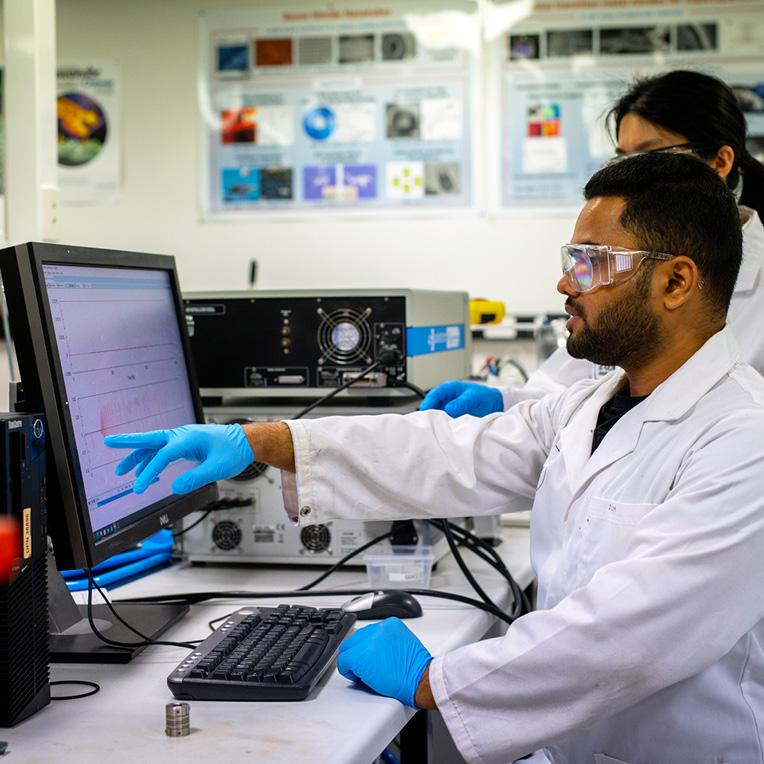Brisbane-based Li-S Energy has announced that its GEN3 semi-solid-state lithium sulfur (Li-S) battery cells have successfully passed a series of nail penetration tests with the results exceeding performance standards laid out by the company’s aerospace partners.
Li-S said it had conducted a program of nail penetration tests on multi-layer semi-solid-state 2.5 Ah lithium sulfur cells built at its production facility at Geelong in Victoria.
The company said 28 cells were tested with the results exceeding both the civilian and United States military performance standards.
Nail penetration tests involve penetrating the battery cell with a steel nail under precise conditions in a blast-proof test chamber.
Li-S Chief Executive Officer Lee Finniear said the purpose of the test is to determine what happens to a battery cell if it is damaged.
“Amid growing public concern about the safety of lithium-ion batteries and battery fires, delivering a safe battery is vitally important,” he said.
“In our target markets of drones, electric aircraft and defence, a battery fire could be catastrophic, and these results show our partners that Li-S Energy battery cells are safe when penetrated and continue to work even after being damaged.”
Li-S said nail penetration is one of a suite of safety tests that are scheduled to be undertaken as its $10 million Phase 3 production facility comes online, and these early results from the smaller Phase 2, 2.5Ah cells illustrate one of the key safety benefits of its technology.
Lithium-sulphur batteries offer an alternative to lithium-ion batteries for energy uses, including electric vehicles and stationary energy storage. Li-S has however indicated its initial focus will be on using them in drones.
Mark Xavier, chief executive of Queensland-headquartered drone provider, said the test results will have a major impact on the civilian and military drone industry.
“The ability to safely and reliably operate and transport drone technology is heavily reliant on battery stability,” he said.
“The Li-S Energy GEN3 cell nail penetration test results indicate a far better risk profile than current battery technology.”
This content is protected by copyright and may not be reused. If you want to cooperate with us and would like to reuse some of our content, please contact: editors@pv-magazine.com.









2 comments
By submitting this form you agree to pv magazine using your data for the purposes of publishing your comment.
Your personal data will only be disclosed or otherwise transmitted to third parties for the purposes of spam filtering or if this is necessary for technical maintenance of the website. Any other transfer to third parties will not take place unless this is justified on the basis of applicable data protection regulations or if pv magazine is legally obliged to do so.
You may revoke this consent at any time with effect for the future, in which case your personal data will be deleted immediately. Otherwise, your data will be deleted if pv magazine has processed your request or the purpose of data storage is fulfilled.
Further information on data privacy can be found in our Data Protection Policy.